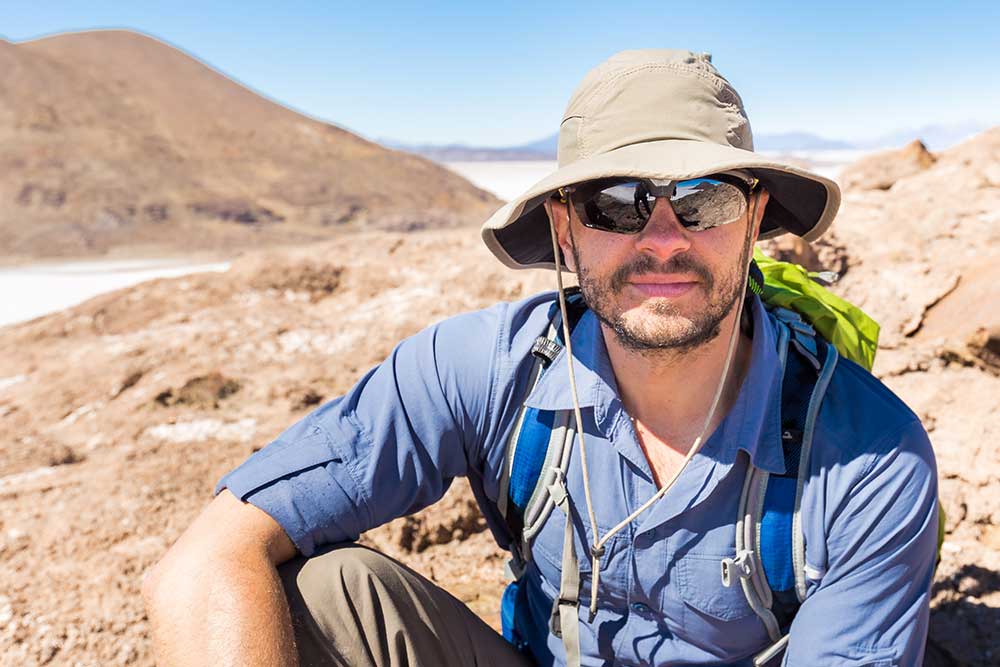All Categories
Featured
Table of Contents
Environmental Geophysicist in Gwelup Australia 2023
This work is increasingly contracted out, so consultancies offer another source of employment. Consultancy companies vary in size, from very little companies to big multinationals. Some consultancies are rather specialised in using particular geophysical strategies or working in particular places, while others provide a more diverse variety of services to their consumers.
The extraction of gas from landfill websites is another location of work and this might grow in the future. Expedition business might carry out work for building firms, public utility, mining companies and ecological agencies, so geophysicists might be employed in any of these settings. Other employers include: geological surveysgovernment bodies and agenciesuniversities and research study institutes.


Vacancies might be listed in the oil and gas sector press. Recruitment is impacted by oil rate fluctuations and the level of competitors for positions varies depending upon this. Careers Days, which cover the full variety of geoscience professions and are usually attended by a variety of key industry employers, are run by The Geological Society.
Geophysicist, Exploration - Job Descriptions in Peppermint Grove Oz 2021
A few of the big oil and gas companies use a complete two-year structured training program across the breadth of geophysics, including the opportunity to experience work in various groups prior to specialising in one area. Your training might consist of work on: existing wellsmagnetic and gravitational prospective field information analysisresearchrock analysis. It's more typical for your initial training to be supplied on the task.

There might be a probationary duration during which you work alongside a skilled colleague. Competency-based appraisals occur routinely in most firms. In smaller firms, and for scholastic posts, there is not likely to be any formal training - you'll be anticipated to start work straightaway and choose up skills as you go along.
If you work for a smaller business, you may discover that you need to take responsibility for setting up and funding your own development and training. If you have a geology degree, membership of The Geological Society can be beneficial for networking and for maintaining to date with the market.
Geophysical Methods Commonly Employed For Geotechnical ... in Padbury Oz 2022
You might also find it beneficial to join the PESGB (The Petroleum Exploration Society of Great Britain, which has a geophysics special interest group. After a probationary duration, and as soon as you've gotten some experience, you might progress to senior geophysicist, then group leader and then into a senior role in management.
The ease of motion between functions depends on the company structure. Research study at Masters or Ph, D level in a subject related to geophysics or geosciences might assist with your profession development and development. The employment market within the oil and gas industry is very depending on rate and this might affect your opportunities for profession progression.
For experienced geophysicists, freelance consultancy offers a good path for career advancement. As a geophysicist, you're most likely to have a number of tasks throughout your working life.
Careers In Geology And Geophysics in Kelmscott Oz 2020
From geophysics, it's possible to focus on seismology (completing additional training to end up being a seismic interpreter) or to move into associated locations such as engineering geology or risk forecast.
Deciding what to study in college is a hard option. Even if you understand that your field of interest lies in science, what program of study is best for you?
The first action to attaining your objective of ending up being a geophysicist is earning a degree. Even for entry-level positions in the field of geoscience, you'll require a bachelor's degree (a geophysicist college degree) from a certified college or university. Geophysicists need to be able to: evaluate rocks, photographs, and other pieces of information perform research both in the field and in labs produce maps and charts of their findings write reports To accomplish all this, students need a specialized education for geophysicist careers.
As stated above, you'll require a bachelor's degree in geoscience or a related discipline, such as a physical science or a life sciences, to land an entry-level job. But trainees can also prepare by majoring in subjects like: Biology Chemistry Computer technology Engineering Mathematics Physics The above geophysicist majors offer a more generalized method to a single scientific discipline, but a lot of programs require students to take one or more geology course.
Latest Posts
What Geophysicists Do in Iluka WA 2023
Geophysical Survey Definition in Casaurina Oz 2021
Geology And Geophysics - Careers And Employment in Manning Aus 2022